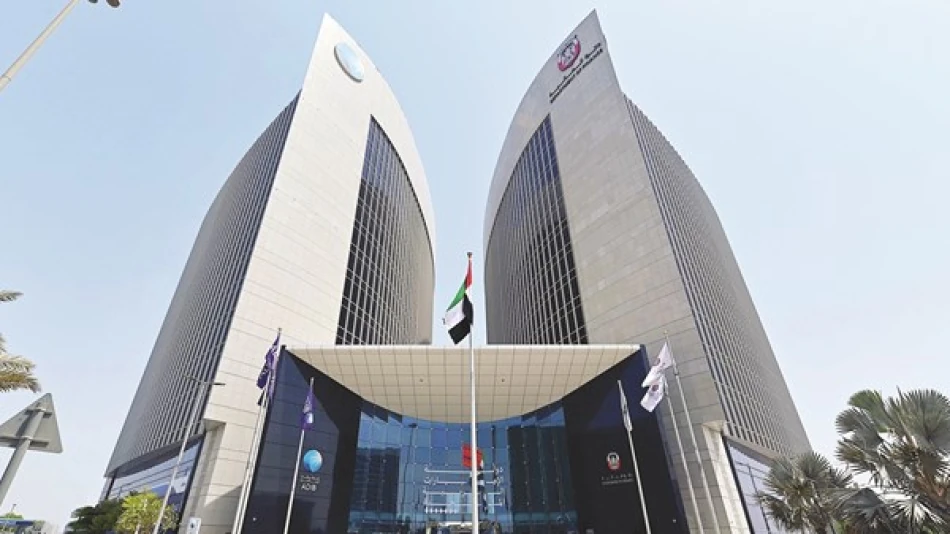
Abu Dhabi Islamic Bank Partners with Visa to Expand Digital Payment Solutions
Abu Dhabi Islamic Bank Breaks New Ground with World's Largest Cross-Border Payment Network
Abu Dhabi Islamic Bank (ADIB) has partnered with Visa to launch the world's most extensive instant cross-border money transfer service, connecting customers to over 11 billion cards, digital wallets, and bank accounts globally. This milestone positions the UAE as a leader in financial innovation while addressing the massive remittance flows that fuel the region's economy.
Revolutionary Scale in Global Money Transfers
The new "Remit" service, built on Visa's Direct platform, represents a quantum leap in cross-border payment accessibility. With 11 billion endpoints, ADIB customers can now send money instantly to virtually any financial instrument worldwide—a scale no other bank has achieved.
This development comes at a crucial time for the Middle East, where cross-border transfers are exceptionally active. In the UAE alone, consumers make international money transfers 1.4 times per month on average, reflecting the country's role as a regional business hub and home to millions of expatriate workers supporting families abroad.
Strategic Positioning in the Remittance Market
Capturing the UAE's Remittance Goldmine
The UAE processes billions of dollars in annual remittances, making it one of the world's top remittance-sending countries. Traditional services like Western Union and MoneyGram have dominated this space for decades, but banks are now leveraging digital infrastructure to capture market share with faster, more cost-effective solutions.
ADIB's move signals a broader shift where Islamic banks—traditionally focused on Sharia-compliant products—are embracing cutting-edge fintech capabilities to compete with both conventional banks and specialized money transfer operators.
Visa Direct's Growing Dominance
Visa Direct has emerged as a critical infrastructure layer for real-time payments, competing with SWIFT's traditional correspondent banking network. By partnering with ADIB, Visa expands its footprint in the Middle East's lucrative remittance corridor, particularly flows to South Asia, Africa, and Southeast Asia where many UAE residents have family ties.
Market Implications and Competitive Response
This launch puts pressure on other regional banks to accelerate their digital payment strategies. Emirates NBD, First Abu Dhabi Bank, and other major players will likely respond with similar partnerships or proprietary solutions to avoid losing remittance customers—a traditionally high-margin business.
For fintech companies operating in the region, ADIB's service raises the competitive bar significantly. Startups focusing on remittances will need to differentiate through pricing, specialized corridors, or unique value propositions beyond basic transfer capabilities.
Broader Financial Innovation Trends
The partnership reflects the UAE's broader ambition to become a global fintech hub, complementing initiatives like the Central Bank Digital Currency (CBDC) pilot and regulatory sandboxes for blockchain companies. By enabling instant global transfers, the service also supports the UAE's goal of facilitating international trade and investment flows.
Amit Malhotra, ADIB's Global Head of Retail Banking, emphasized the bank's commitment to digital innovation, while Salima Gutieva, Visa's UAE Vice President and General Manager, highlighted the region's exceptional remittance activity as a key growth driver.
This development positions ADIB at the forefront of the global shift toward instant, digital-first financial services—a trend that will likely reshape how banks compete for retail customers in an increasingly connected world.
Most Viewed News

 Layla Al Mansoori
Layla Al Mansoori






